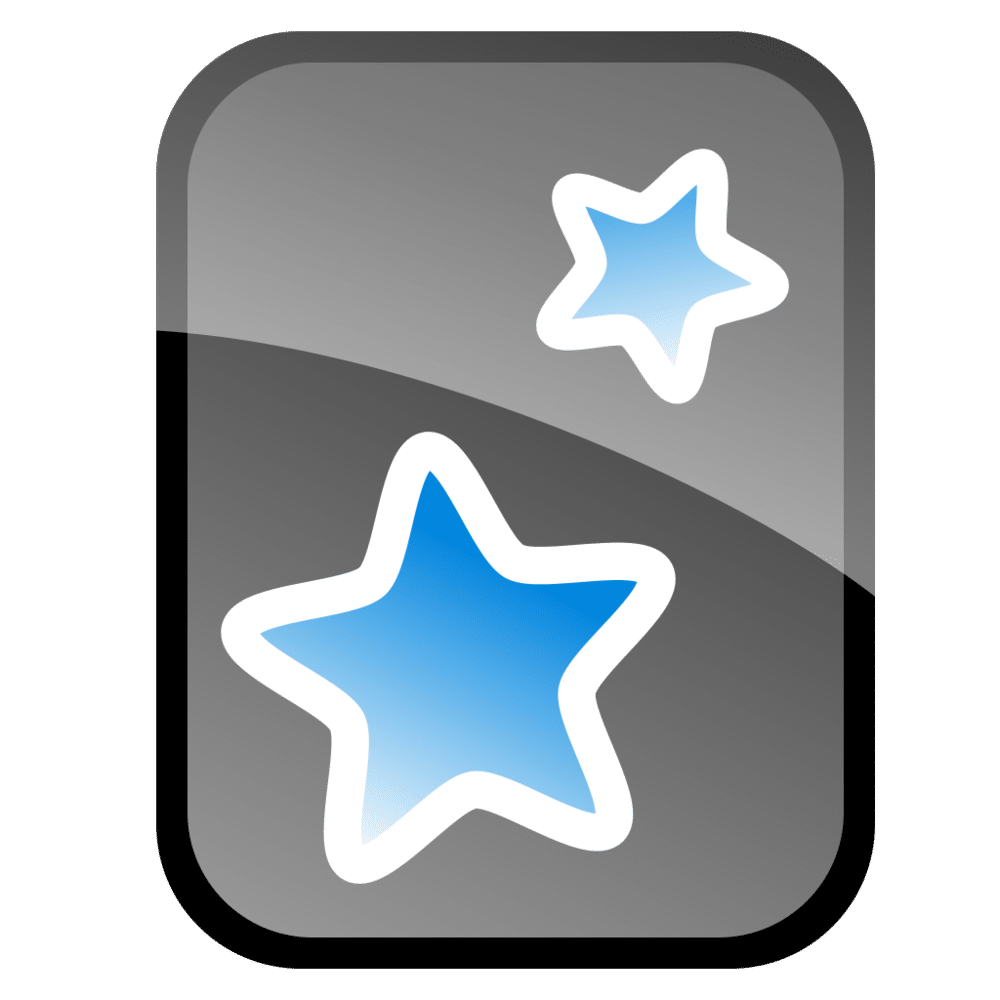
This is an interesting time we’re in right now. While I certainly miss much of the weekly chaos of dance practice and soccer games, a bit of a break is kind of nice too. While I’ve been using the time to do a lot of reading (in the past month I’ve read Marketing Made Simple, Man’s Search for Meaning, The Checklist Manifesto, Friend of Friend, The Art of War and One Second After, which is probably more than all of 2019 combined), I’m also trying to tidy up some of my personal processes and setups.
The last few nights I’ve gotten back into the depths of spaced repetition. There are a lot of great articles on the subject, but this one from Gary Wolf from 2008 is still among my favorites. I first mentioned my daily use of Anki, a great app to help with spaced repetition, back in 2016, and since then I’ve reviewed somewhere over 300,000 cards — all in about 10 minutes per day.
Michael Nielson wrote a great article about his use of Anki, and had a few useful quotes I wanted to share.
The single biggest change that Anki brings about is that it means memory is no longer a haphazard event, to be left to chance. Rather, it guarantees I will remember something, with minimal effort. That is, Anki makes memory a choice.
This is a big one for me. I no longer have to hope that I remember something. If I want to remember a fact or a quote or a phone number or a face, it goes in Anki. Done.
Here is a bit more about how Michael uses Anki:
What can Anki be used for? I use Anki in all parts of my life. Professionally, I use it to learn from papers and books; to learn from talks and conferences; to help recall interesting things learned in conversation; and to remember key observations made while doing my everyday work. Personally, I use it to remember all kinds of facts relevant to my family and social life; about my city and travel; and about my hobbies.
I also read a great (and very long) article from Gwern Branwen that gets more into the science behind it. Some of her uses of Anki include memorizing:
- Geography
- The Periodic table
- Words from Word A Day
- Memorable Quotes
- Personal information like birthdays and license plate numbers
As a results of those two articles, I made a few changes to my setup.
First, I added in a couple dozen more items into mine, such as the birthdays of my GreenMellen teammates. I know roughly when they are, and I can look them up if needed, but why not take just a few minutes to memorize them? Branwan’s rule of thumb is that it will take you about five minutes to learn a new card in Anki over the lifetime that you use it (in various chunks of 5-10 seconds each). Is it worth five minutes to remember when their exact birthdays are? I think so.
Second, a recommendation that both authors mentioned was that keeping cards in categorized decks was not a great idea. It’s not a big deal, but causes a few hinderances. I had a bunch of neatly categorized decks, but I’ve just squashed them together. Here’s why.
First, having cards jumbled up a bit (a birthday, followed by a book title, followed by asking for the date of DDay) has two benefits:
- There is some science that shows better memorization when you have to recall the cards out of context, because it better mimics the real world.
- It can cause some interesting (random) correlations to develop at times, when two unrelated cards appear after one another but you can make a new connection between them. This is similar to the reason I’m using Roam Research for most of my note-taking these days.
As a result, I took a handful of separate decks that I have (book info, Bible trivia, enneagram numbers, and others) and put them into a single deck called “stuff”. Everything is in there and I can just go through it each day. This will save me a bit of time, too, as I can simply work through the cards in one pass instead of having to go in and out of a handful of decks each day.
I’ll admit that tools like Anki are probably most appealing to folks like us Enneagram 5’s (the “investigator”), but I think most people could find some value from it. If nothing else, check out that great article from Gary Wolf that I mentioned and see what you think.




[…] Repetition: I use Anki for my daily spaced repetition learning, but there are some solid ways to use Roam for it instead. […]